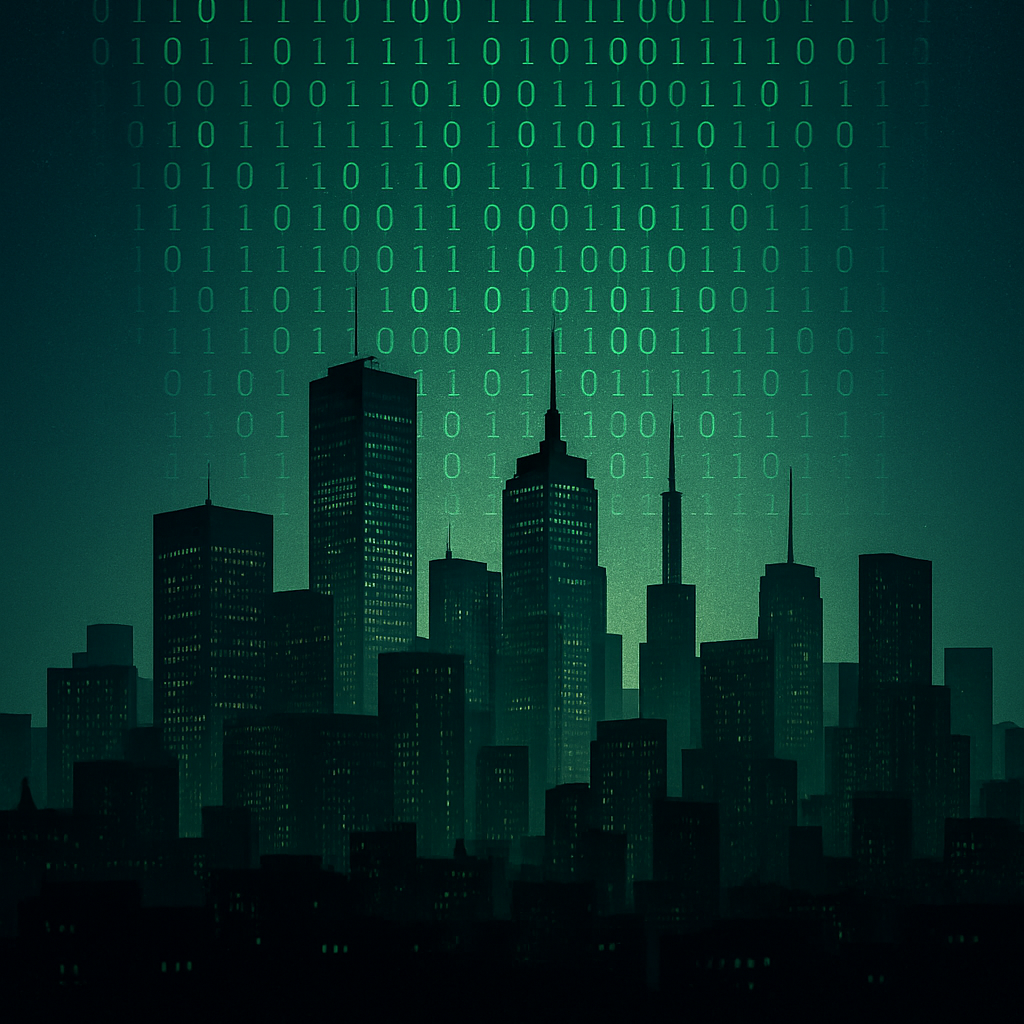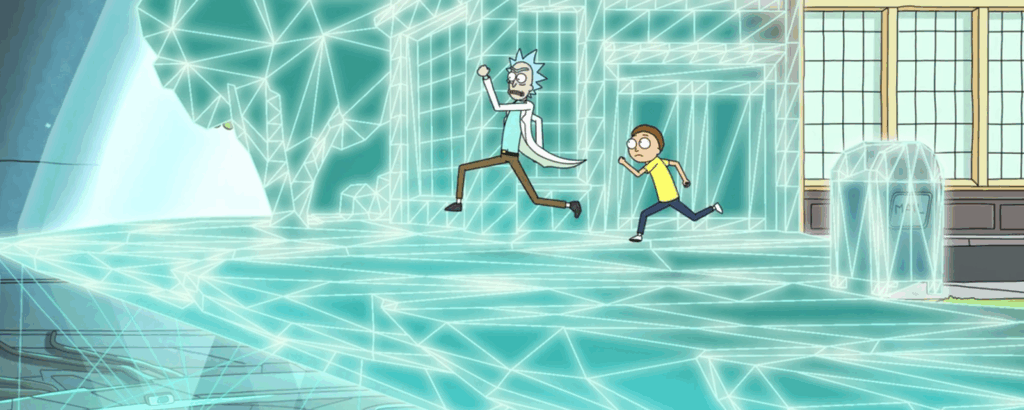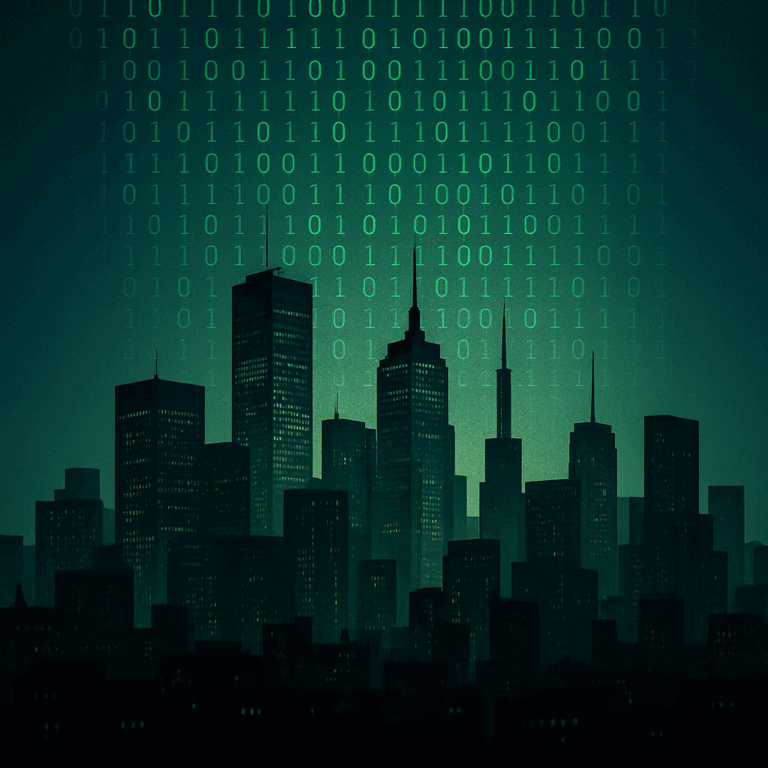
What If You’re Not Real? Are We Living in a Simulation? Should We Even Care?
For centuries, humanity has pondered the nature of reality. From Plato’s Cave to Descartes’ demon, philosophers have explored the idea that our perception may not align with truth. Today, that age-old question takes a high-tech twist: what if everything we see, feel, and experience is nothing more than code in a highly advanced simulation?
The simulation theory, once a fringe philosophical concept, has now entered mainstream discourse thanks to modern computing, digital consciousness research, and endorsements from public figures like Elon Musk. But what does this theory actually propose, and why are so many taking it seriously?
Understanding the Simulation Hypothesis
The simulation hypothesis suggests that reality as we know it is artificial—constructed by an advanced civilization, likely post-human, capable of creating hyper-realistic virtual environments indistinguishable from a base reality.
The most influential formulation of this idea comes from philosopher Nick Bostrom in 2003. He proposed a trilemma:
- Human civilization will likely go extinct before reaching a “post-human” stage.
- Post-human civilizations will almost certainly not run significant numbers of simulations of their evolutionary history.
- We are almost certainly living in a computer simulation.
Bostrom argues that if future civilizations can simulate conscious beings, and if they choose to do so, the number of simulated consciousnesses would far outnumber the “real” ones. Statistically, then, it’s more probable that we are simulated rather than original.
Reasons the Simulation Could Be Real
1. Technological Trajectory
The exponential growth of computing power (Moore’s Law, though slowing, has had enormous impact) supports the idea that future civilizations could create simulations far more complex than anything we can currently imagine. Games like The Sims or Red Dead Redemption 2 simulate rudimentary worlds, and AI like ChatGPT simulates human-like reasoning. In a few hundred or thousand years, what’s stopping post-humans from simulating entire conscious beings?


2. Quantum Strangeness
Quantum mechanics is littered with strange phenomena: particles exist in multiple states until observed (superposition), and observing them collapses these states into one outcome. This “observer effect” parallels how rendering works in computer games—where environments are only rendered in high resolution when a player is nearby. Is the universe saving processing power?
3. Mathematical Foundations of Reality
Many physicists point out that the laws of the universe appear to be fundamentally mathematical. Our universe can be described using elegant equations and constants, not unlike the code in a computer program. This may hint that the “substrate” of reality is information-based, like a digital system.
4. Limits of the Universe
Our universe seems to have certain hard limits—like the speed of light, Planck length, and the Heisenberg Uncertainty Principle—that mirror constraints in computing environments, such as processing speed or resolution. These could be signs of a system governed by rules similar to a simulation engine.
5. Consciousness Remains Unexplained
We still don’t understand how consciousness arises. Some theorists speculate that it could be more like software than biology—suggesting our minds could be uploaded, or already running, on some vast computational substrate.
Reasons It Could Be False
1. Simulation Sophistication Paradox
Creating a perfect simulation requires immense computational resources—possibly more than an entire civilization could manage. The level of detail in our universe, down to quantum particles and galactic systems, suggests a computational complexity that might exceed even a post-human civilization’s capabilities.
2. Lack of Glitches
A simulation might show signs of its artificiality—bugs, inconsistencies, or errors. While some point to déjà vu or quantum oddities as “glitches,” there’s no consensus. The universe, for the most part, operates consistently and predictably.
3. Absence of Evidence
Despite compelling thought experiments, there is no direct empirical evidence that proves we’re in a simulation. The entire argument is largely philosophical or statistical—not experimental.
4. Post-Human Indifference
Even if future civilizations can simulate entire worlds, it doesn’t mean they would. They might see it as unethical, pointless, or simply uninteresting. We can’t assume their motives would align with ours.
5. Infinite Regression
If we are in a simulation, who simulated the simulators? Are they in a simulation too? This leads to an infinite regress with no foundational “real” world, which may be logically unsatisfying.
What If It’s True—or Not?

If the simulation hypothesis is true, it challenges everything we know about existence. It would mean we’re not base reality beings, but digital constructs in an advanced program. But does that make our feelings, dreams, and choices any less real?
If it’s true, we might:
- Strive to understand the rules of the simulation and learn how to work within or even hack them.
- Adopt a mindset similar to religious belief—seeing the simulators as godlike creators, or the simulation itself as a test.
- Place more value on morality, as our actions might be observed or scored.
If it’s false, then we are truly the product of a chaotic universe—random chance, evolutionary processes, and natural selection. That might feel less “special,” but it grants us complete ownership of our fate.
Either way, the implications can be empowering. Whether we’re players in a simulation or citizens of base reality, we still have agency. We can choose to live meaningfully, seek truth, help others, create beauty, and explore the mysteries of the cosmos.
Embrace Uncertainty, Live Intentionally
Sooo… are we living in a simulation? Whether we’re bits in a program or atoms in a universe, the question of reality’s nature is still open. Simulation or not, we experience love, suffering, joy, and death. Those are real enough.
Instead of obsessing over the “true” nature of existence, perhaps we should focus on how we spend our time within it. The simulation theory doesn’t diminish the human experience—it challenges us to define it ourselves.
So go ahead—build something, love fiercely, explore deeply, and question everything.
Because if this is a simulation, make it a damn good one.




